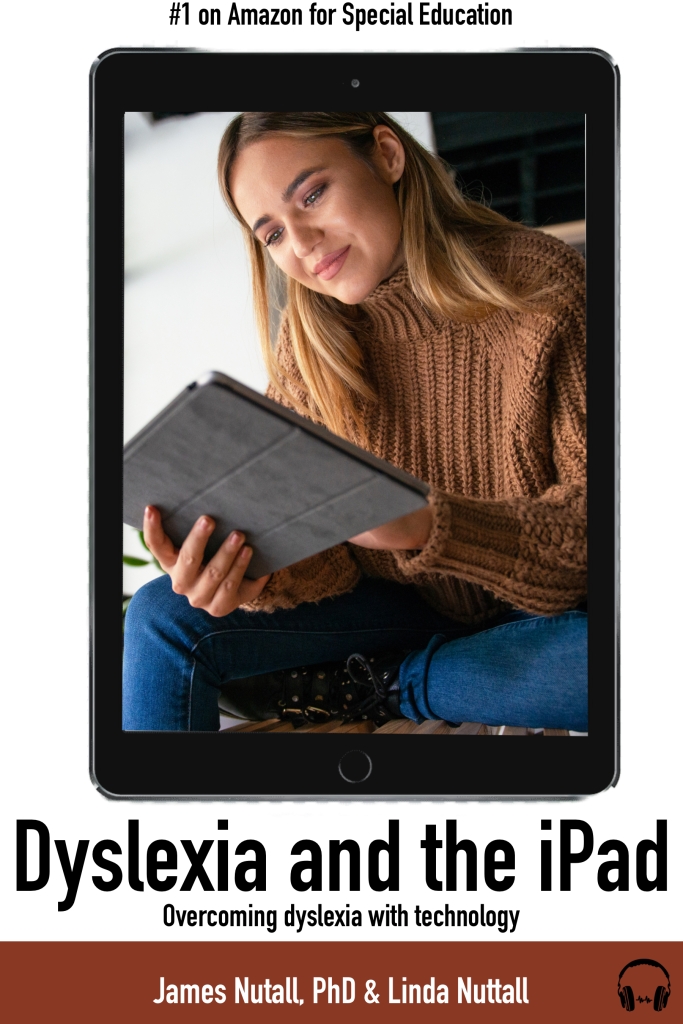
Description
SECOND EDXPANDED EDITION – Dyslexia and the iPad is about dyslexia and how the iPad can help you cope with school, work and life. This latest edition has been expanded with 30% new material. Dyslexia affects one’s ability to read, write, learn foreign languages, and remember phone numbers and names. The iPad is a great source of support for individuals with dyslexia. You will learn how the iPad can help you access millions of e-books which can be read aloud to you. You will learn some tricks to make writing easier. Additionally, this edition covers apps that help reinforce the reading process. Do not let dyslexia defeat you. The iPad can be a great help to you.
Specs
Publication Year
2014
Pages
124
Reviews:
“I enjoyed reading the book. The information was presented in a straightforward manner. The author advocates for technological solutions to print disabilities. He offers many good examples of applications which will serve the struggling reader well if he or she has an iOS 5 device.”
– Tutorwise
“This is an excellent overview with valuable information. As a teacher who has taught students with dyslexia for over 20 years, I recommend this book. It is written clearly and makes a topic that can be complicated easier to understand.”
– ZKW
“Written with amazing insight. Helpful resources throughout.”
– Dr. K
“This book will be welcomed by everyone who has dyslexia, and by parents and professionals who work with people with dyslexia. It is also a great book for anybody who wants a solid introduction to techniques and technologies that can improve study habits and lead to greater academic achievement.
Dr. Nuttall knows what he’s talking about. He is, himself, dyslexic, a condition, he says, that was at first misdiagnosed, since he is also legally blind. This book reminds me of those other books written by scholars who have been afflicted with the disorders they write about: Dr. Kay Redfield Jamison, a Yale psychologist with bipolar disorder, Dr. Temple Grandin, a Colorado State University professor with autism, and Carlton Davis, the internationally known architect, with bipolar disorder. In each case, as in the Nuttalls’ book, we learn from persons who have been there, who have conquered or are conquering their afflictions, and are generously telling the rest of us how they do it.”
– J. P. McKinney
